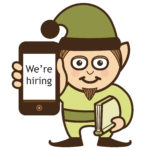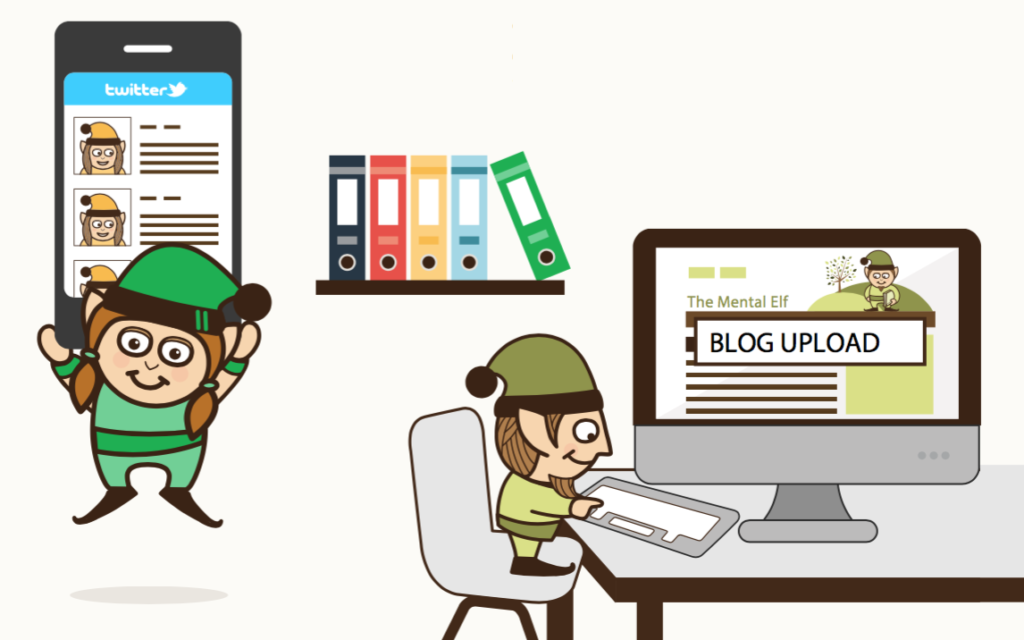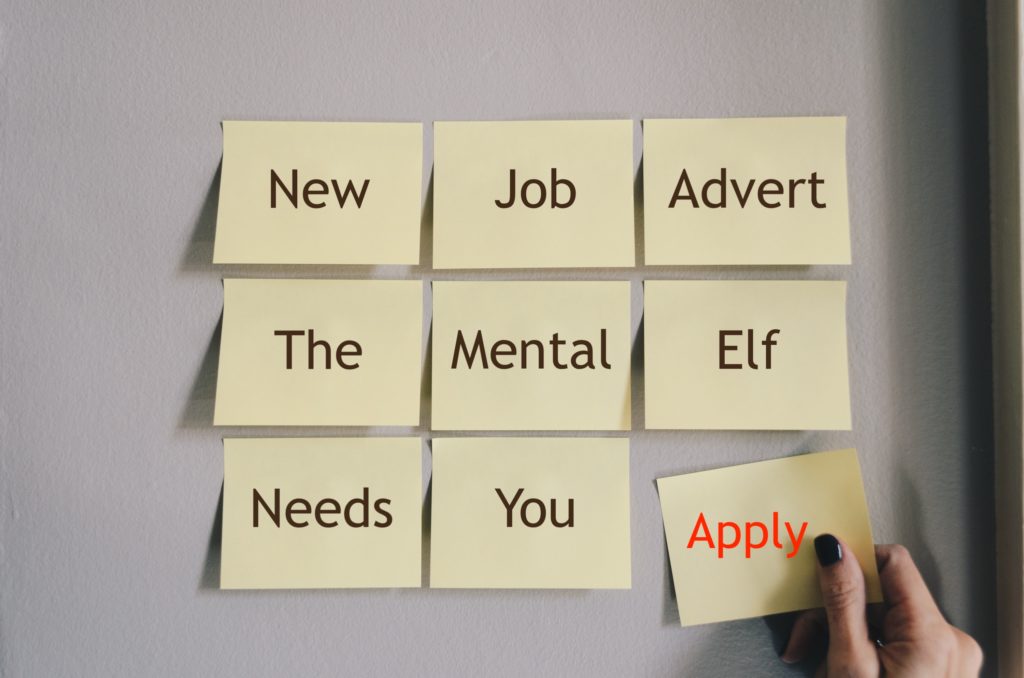
We’re hiring!
The National Elf Service needs 3 part-time Project Coordinators to join our team and support us in the writing, editing and disseminating of Mental Elf blogs.
This opportunity will suit a PhD student working in a mental health setting.
Salary: £240 per day, 1 day per week (flexible)
Start date: ASAP
Location: Remote-working
Application deadline: 5pm on 13th September 2019
Introduction to the Mental Elf and the National Elf Service
The National Elf Service is a health blogging platform that summarises recent reliable research for professionals and patients who want to keep up to date with the latest evidence. The website has a big international audience and a large following on social media.
The most popular elf in the service is The Mental Elf, which features 3-5 new blogs each week and facilitates a significant amount of discussion on social media. The Mental Elf provides digital services to a wide variety of clients (universities, NHS, charities, professional membership organisations). These services include the #BeyondTheRoom live tweeting service, and a variety of podcast and video production work.
Job specification
Our Project Coordinators will have:
- An understanding of the importance and processes of evidence-based health care
- Enthusiasm for discussing health research online with patients, the public and other professionals
Role and responsibilities
- Editing and publishing Mental Elf blogs
- Managing the production of Mental Elf blogs (finding papers, assigning papers to bloggers, managing deadlines)
- Scheduling social media posts
- Planning #BeyondTheRoom live tweeting at mental health events
- Recording and editing audio and video content
Key requirements (qualifications and skills)
- Excellent science writing and editing skills
- Excellent skills in critically appraising health research
- Strong social media skills (especially Twitter)
- Strong communication skills, team-working, self-directed
- Master’s Degree (or equivalent) in mental health or related subject
- Public engagement skills (ability to communicate mental health research in a clear and accessible way to the general public)
- Digital skills (e.g. blogging, social media, podcast/video production)
- Experience with the following would be useful, but are not essential: WordPress, Basecamp, Buffer, YouTube, Twitter, Facebook, LinkedIn, Zoom or audio/video editing software.


